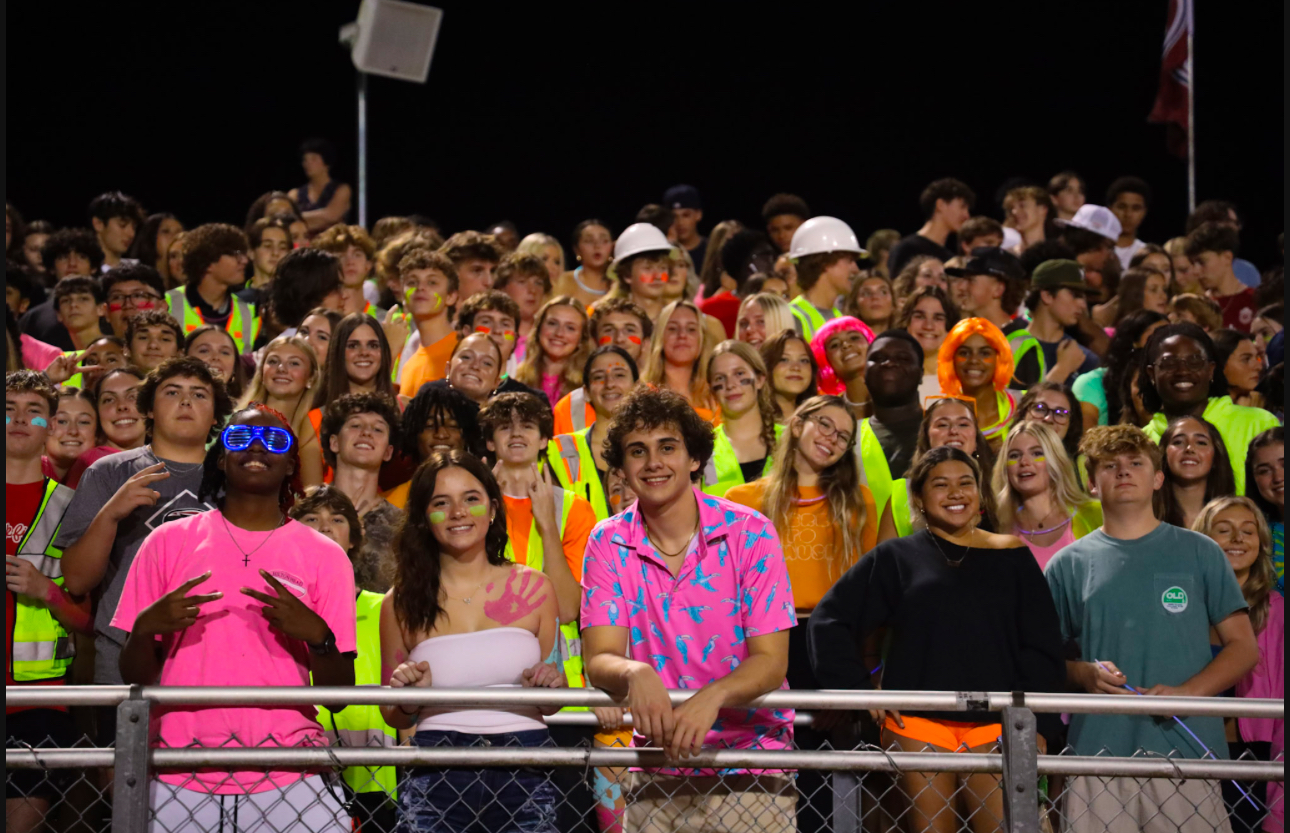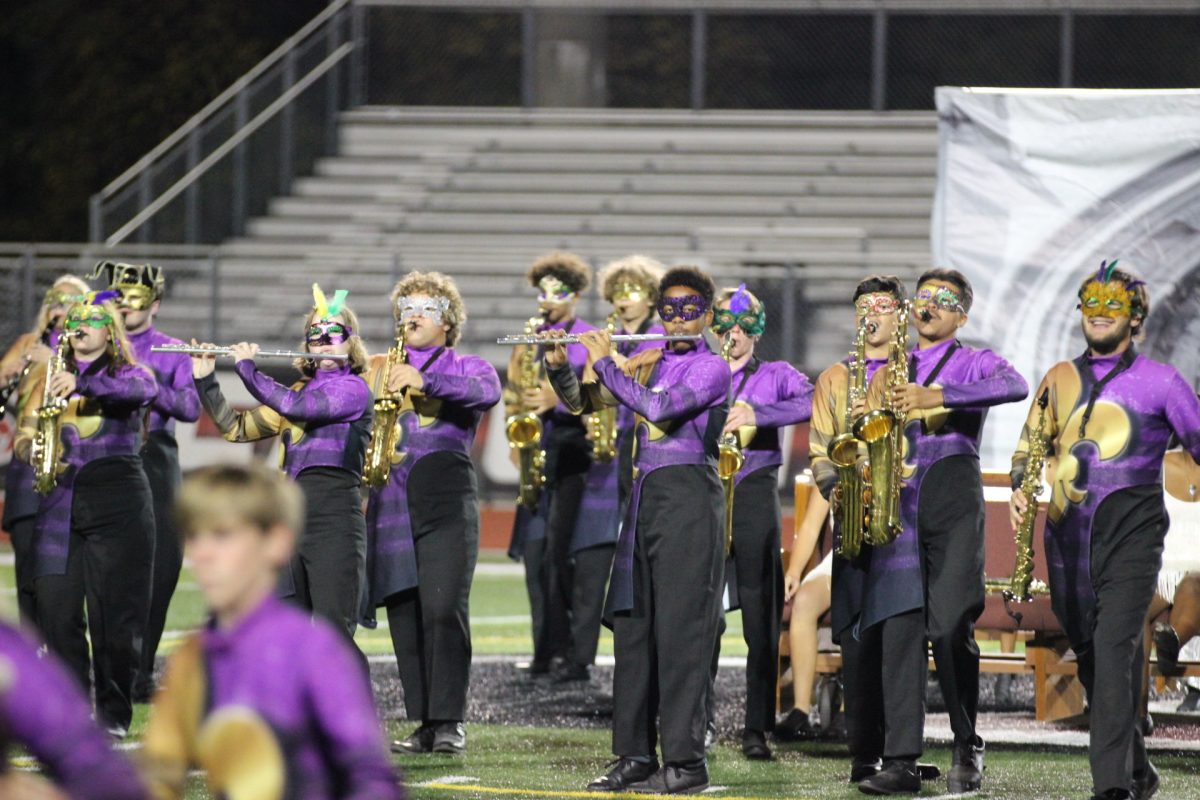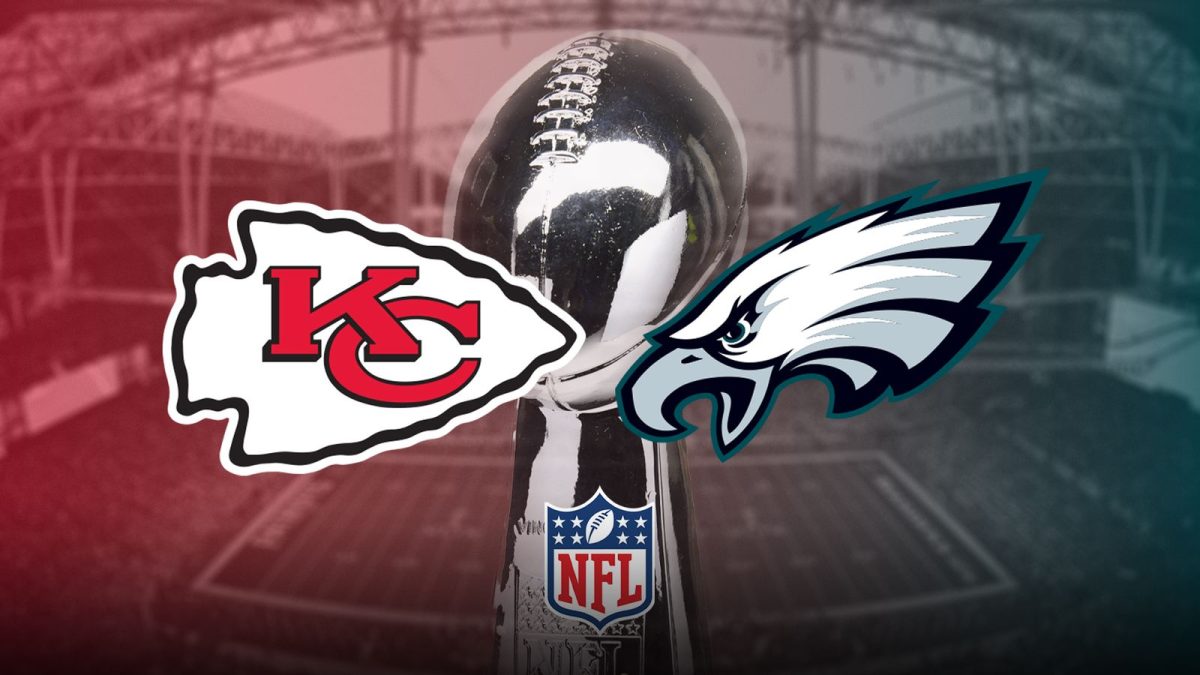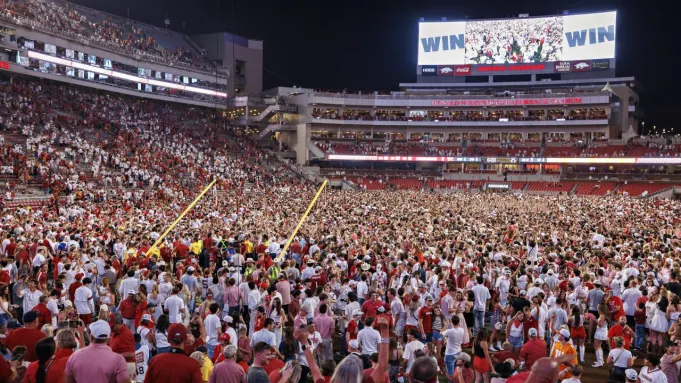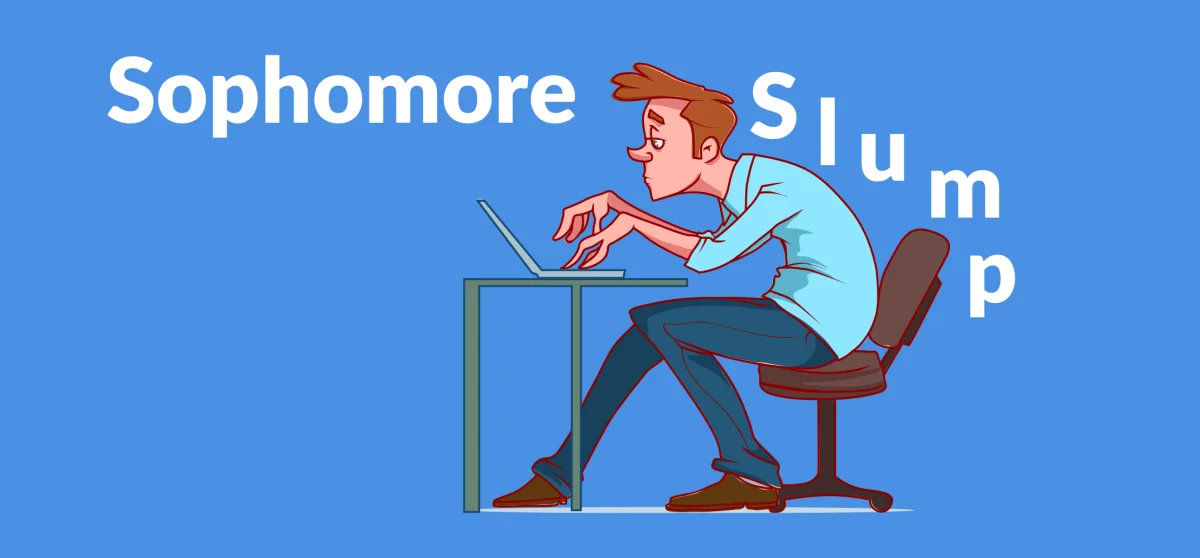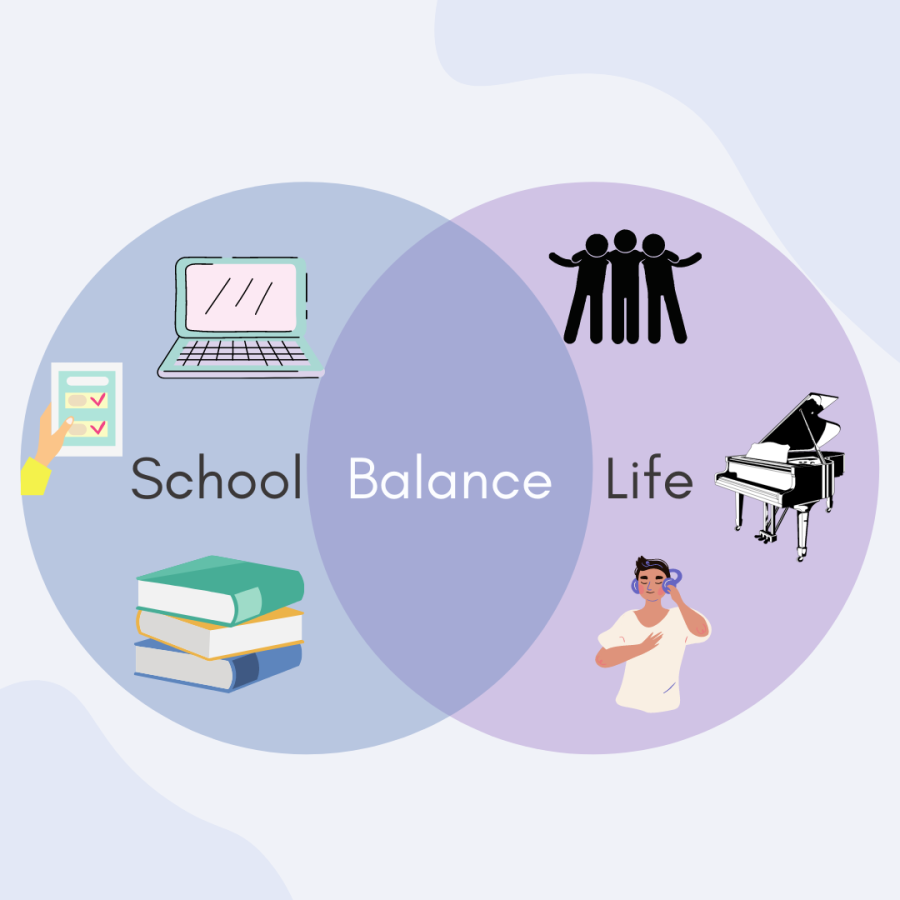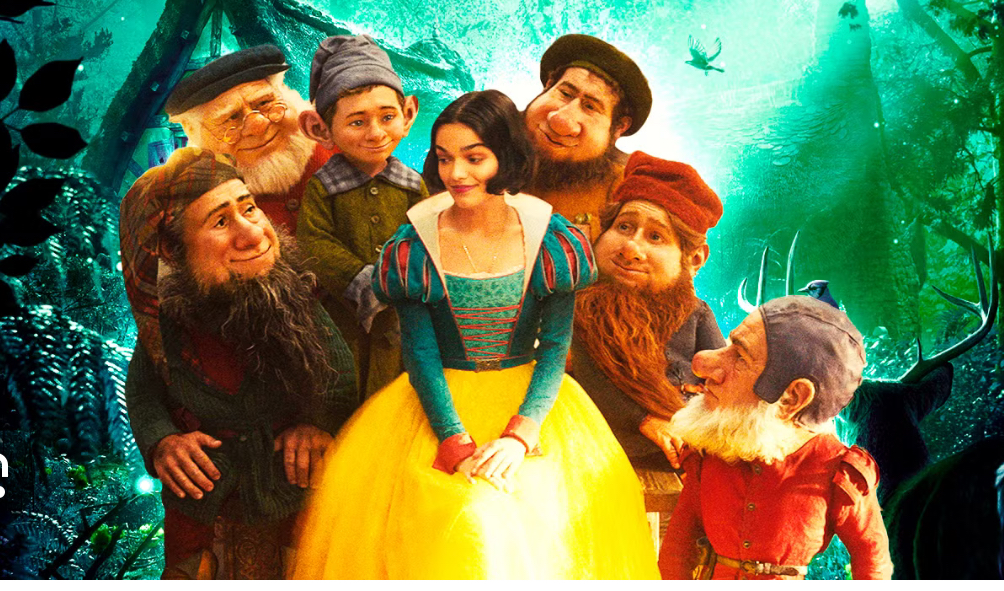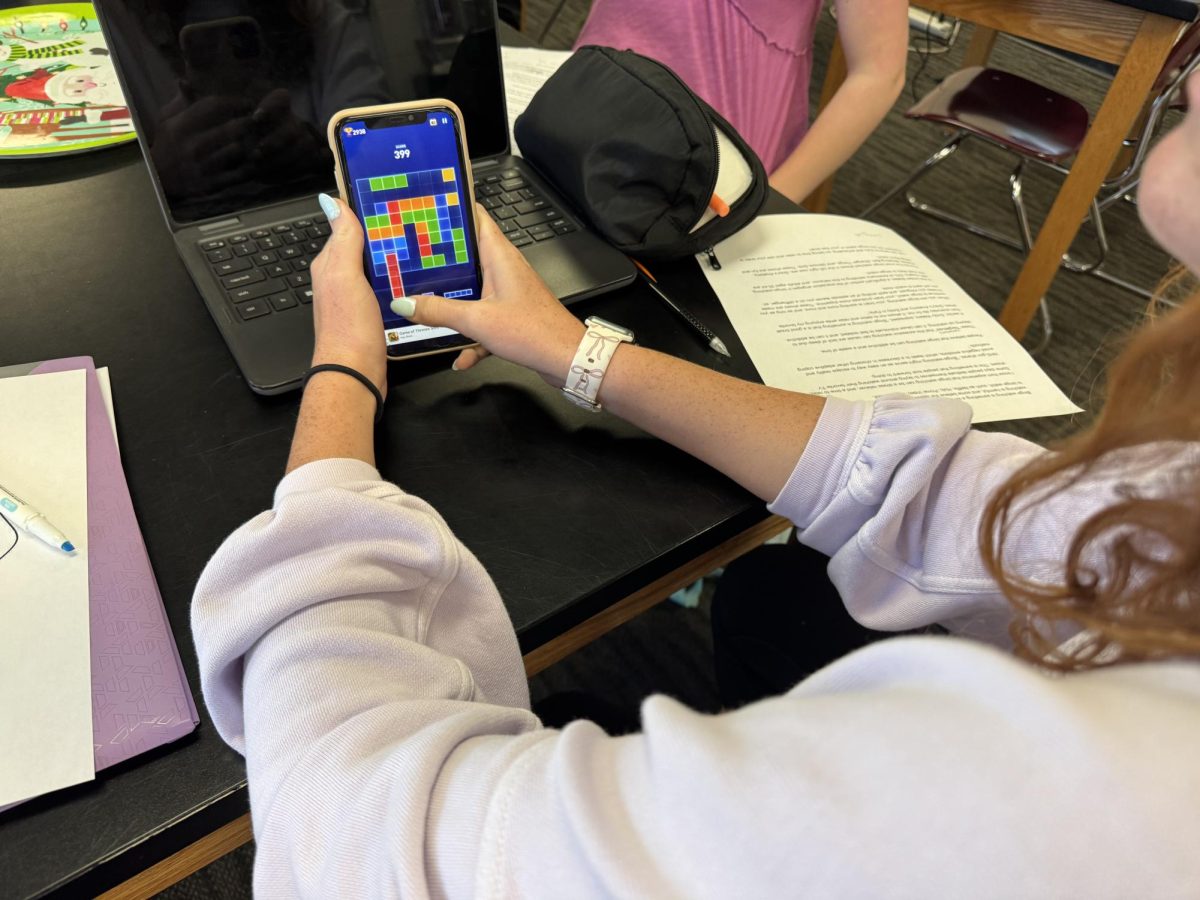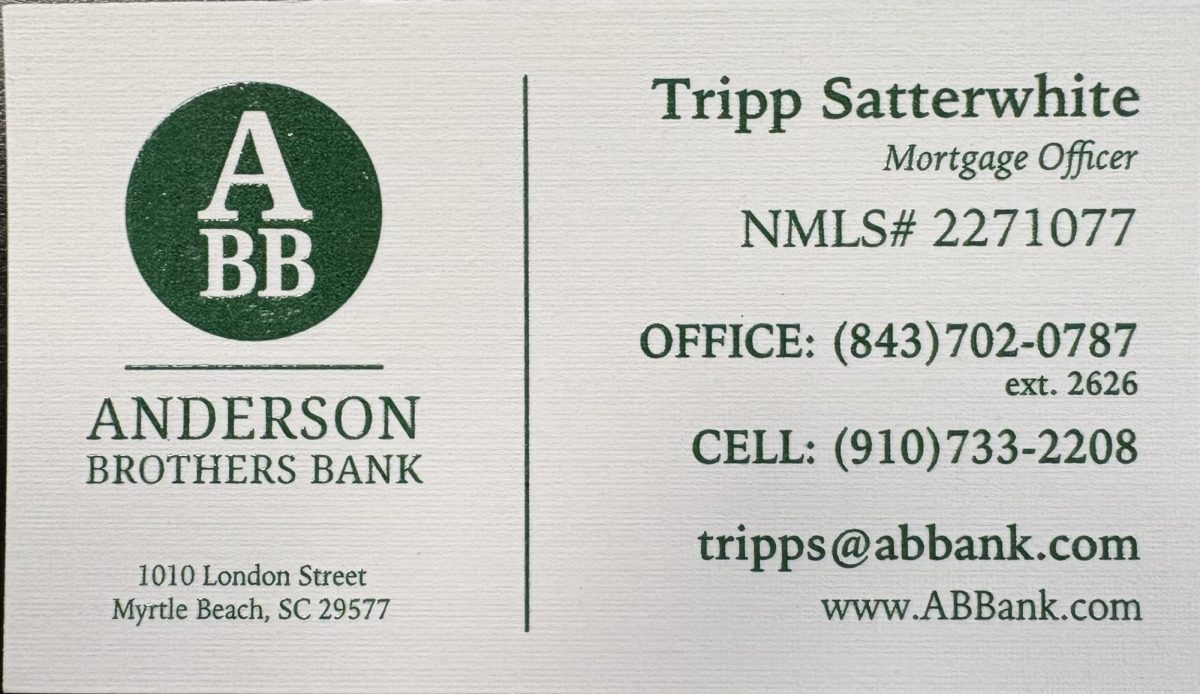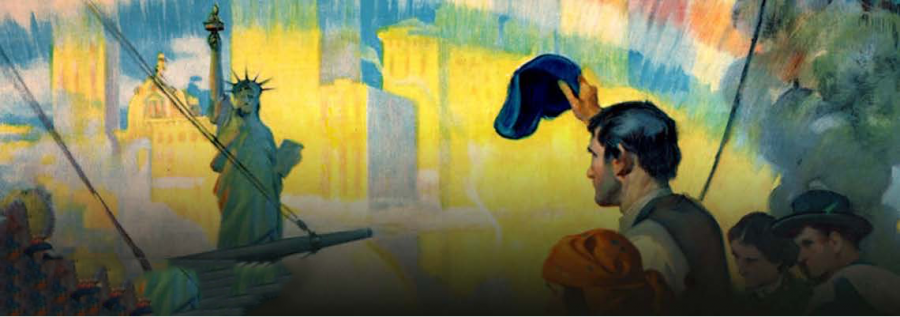Will We Be Okay With How History Remembers Us?
March 22, 2019
The question that is constantly running through my mind as I read the news every night is how we will view ourselves and today’s events after a period of reflection? An even tougher question, will we be okay with the way we view ourselves in history? For example, during Hitler’s rise to power, he was recognized globally as a noble liberator for the people of Germany. He became a symbol of hope, the man who saved the country of Germany and its citizens from arguably the toughest decade they had ever faced. “Time Magazine” even went as far as to name him their ‘Man of the Year’ in 1938.
Now Hitler is commonly equated to the devil. A man whose name still insights fear and fuels current White Supremacist movements as well as violent hate groups. The man who is responsible for giving the dangerous extremist Neo-Nazi movement a platform large enough to still be a prevalent deleterious force in our, supposedly more globalized world.
Right now we’re living through the longest war America has ever engaged in. Terrorist attacks occur daily all over the globe, opportunities are not merit based but focused upon aspects people have no control over, and the reminders of the human-caused deterioration of our Earth’s environment are seemingly never-ending. I would refer to this era as the age of oblivion, a time where people lack the basic inclination to educate themselves or help others. People have become perfectly fine with the way they live; they strive for nothing different than what they have. They learn history and begin to think that enough change has happened since then and that the way we live now is not in need of more improvement.
The mentality that change is no longer needed is what creates a need for it. When people refuse to accept that change is needed for long enough the problem grows and requires much harsher means to solve by. That’s why our Earth is dying, along with the people on it. Change doesn’t happen overnight, which means that continuing to put off these problems will do nothing but make them harder to solve. When things finally become so bad that we are left with no choice but to step in, chances are the damage will be irreversible.
How will the history books read when future generations find out that we’ve ignored scientists and downplayed their dire urges for environmental reform since the 1970s?
When people begin to become complacent, needed change cannot take place. Change only occurs when people realize they need it, but most of the people on this Earth who could create change are oblivious to what is happening. The people who have money and live in a country that has the capability to improve this World and the conditions for the people on it have the mindset that since they weren’t born into these problems, it’s not their responsibility. For those with a mindset as such, I would ask you to think about more than just the fact that you’re American and they are not. Think about the fact that you are human and so are they. Don’t limit yourself to a mere nationality when you are indeed a part of something so much larger than that. Instead of using your birthplace as justification for your lack of accord, you could use the advantage that you gained just by being born to help others who weren’t as lucky.
Our world has always functioned in a manner of allowing things to happen then looking back with embarrassment. In the moment, we do awful things and at that moment, those things are widely accepted and even fought for. When we look back upon them, that’s when we realize how wrong we were. For example, slavery, the Age of Exploration, and even the partitioning of Africa and the Middle East were all applauded and seen as the best things of their relative centuries, but now they are looked upon with embarrassment by those countries guilty of participation. Although the embarrassment is quite prevalent, the act of failing to claim at least the smallest portion of responsibility for the effects of their actions is even more prevalent.
So that bids the question: how will we view the events we are taking part in today, or failing to take part in? Our children and grandchildren will be sitting in their history classes, learning about what we are facing in our everyday lives. What do we want them to learn about? Do we want them to read about the thousands of Americans killed by gun violence in 2018 and realize that the gun laws haven’t even been touched? Do we want them to read about the start of America presence in the Middle East and realize that we are still there? Do you want them to read about the economic inequality Americans are facing and realize it is still prevalent? Do we want them to study the Black Lives Matter Movement and realize that African-Americans still can’t help but feel a twinge of fear upon leaving their home?
How should we expect future generations to have any kind of confidence in the ideology that they can create changes and have a voice when they look through history and see the same prejudice mindsets never actually changing, just adapting to fit the molds society needs them to for each era.
If we hope to have a positive mark left in the history books, we must strive now for reform on every level. From gun control, climate change, bigotry, and the growing economic divide, we should be pushing to make the most competent and moral changes within reach. This would leave the most positive and effectual mark for our generation in history books. The future generations will be eternally thankful that we bettered the world they will grow up in and one day be forced to fix if we fail.
